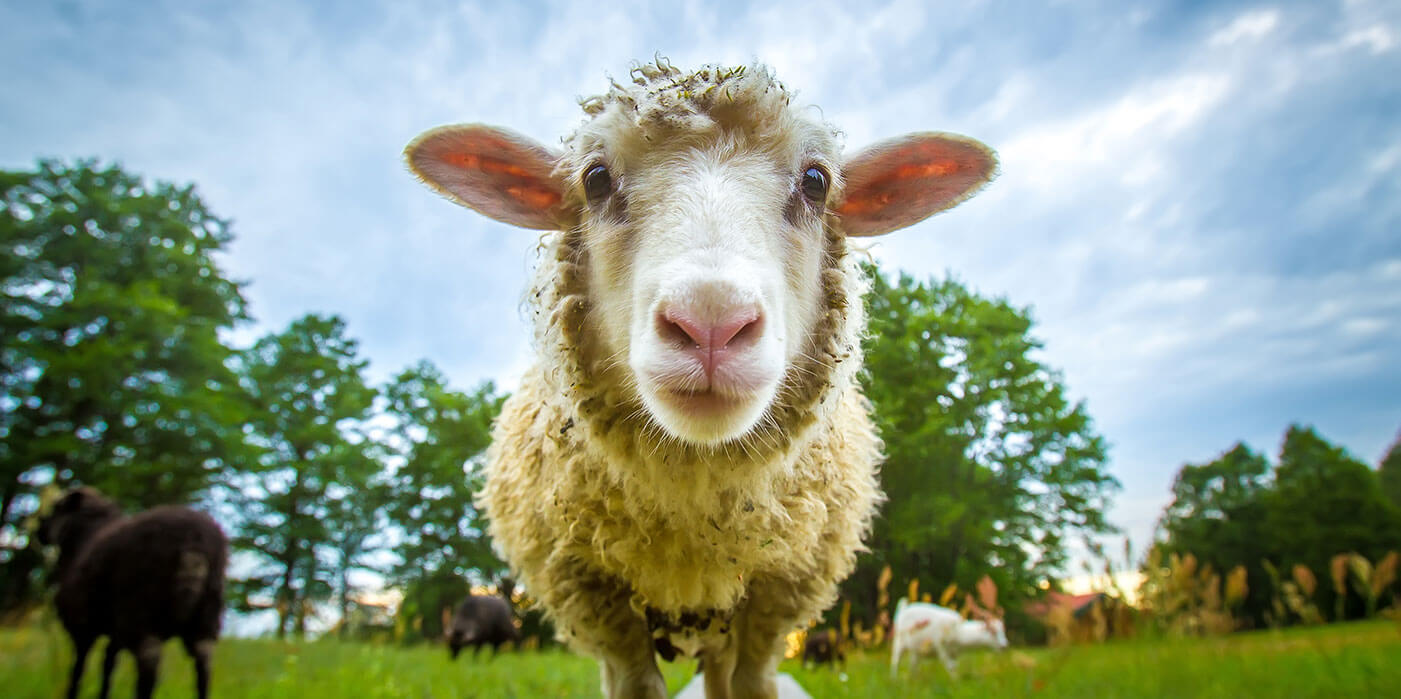Section 2 | Current Regulations
Use and Access
Page 09 /
Medically Important Antimicrobials Require a Prescription
What is Changing and When?
What?
The Government of Canada is moving all medically important antimicrobials (MIAs) (Category I, II and III antimicrobials; List A Active Pharmaceutical Ingredients), including injectable, water soluble or medicated feed additive products, to the Prescription Drug List (PDL).
After the implementation date, a veterinary prescription will be required for purchase of any drug product containing an MIA, which will only be available from:
- Veterinarians
- Pharmacists
- Commercial feed mills (for mixed feed only)
Animal owners will need to establish a veterinarian-client-patient relationship (VCPR) with a veterinarian to obtain a prescription and access to these drugs.
- Responsible use statements will also be included on the labels of all in-feed and in-water medically important antimicrobials
There will be no change to the prescription status of any products containing category IV antimicrobials, such as ionophores and coccidiostats, which are not used in human medicine.
When? December 1st, 2018
Why Did This Change?
Extensive use of antimicrobials in both humans and animals has led to the rapid emergence of antimicrobial resistance.
In Canada, some antimicrobials for use in food animals have historically been available without a prescription and were readily available for purchase by animal owners.
Increased veterinary oversight of antimicrobial use is needed to help decrease improper and unnecessary use of these important drugs, while still protecting animal health and food safety.
)
What Do These Changes Mean for Veterinarians?
There may be an increase in demand for prescriptions and dispensing of products to animal owners, as prescriptions are required for drugs and medicated feeds containing MIAs (List A) as of December 1st, 2018.
- No drugs containing MIAs will be available for purchase from livestock medicines outlets or other sources
Some animal owners who may not have previously worked regularly with a veterinarian may wish to establish a VCPR to access care for their animals, including veterinary prescriptions if antimicrobials are needed.
- This group will include owners of animals with which veterinarians themselves may have had very little contact in the past, such as apiarists, aquaculturists, backyard herd, or flock owners
- Veterinarians will need to follow the guidelines to establish a VCPR set out by the College of Veterinarians of Ontario (see Veterinarian FAASTsheet #5), and follow prescription writing guidelines to assist animal owners in obtaining the products, when they are medically required/therapeutically indicated, to support the health and welfare of their animals
How Do These Changes Impact Your Clients?
These policy changes will have a significant impact on animal owners who have not previously worked regularly with a veterinarian, and those who have typically accessed products including antimicrobials directly from livestock medicines outlets, commercial feed mills, or other jurisdictions.
Some clients who have an established VCPR may require veterinarians to prescribe and dispense antimicrobials more often due to these new restrictions.
Veterinarians will need to be a source of information for new and existing clients and be able to explain the policy changes around the prescribing and dispensing of MIAs.
Veterinarians will also have an opportunity to work with their clients to enhance antimicrobial stewardship through other management channels such as improved biosecurity, nutrition, husbandry, and vaccination programs.
For More Information
- Health Canada: Responsible Use of Medically Important Antimicrobials in Animals
- Health Canada: List A – List of Certain Antimicrobial Active Pharmaceutical Ingredients that are Important to Human Medicine
- Canadian Veterinary Medical Association: Managing Inventory During the OTC to PR Switch Transition
- College of Veterinarians of Ontario – Antimicrobial Stewardship